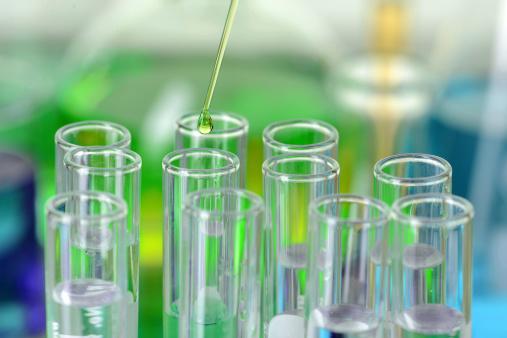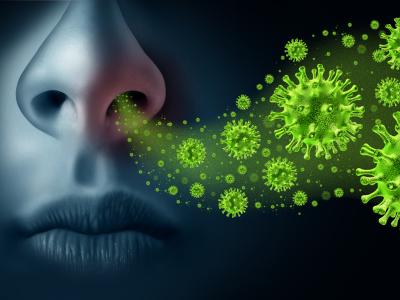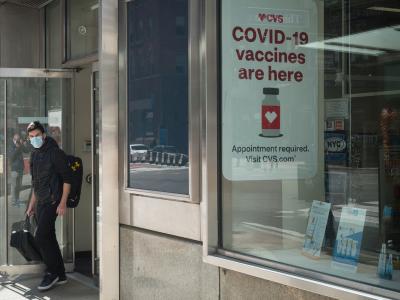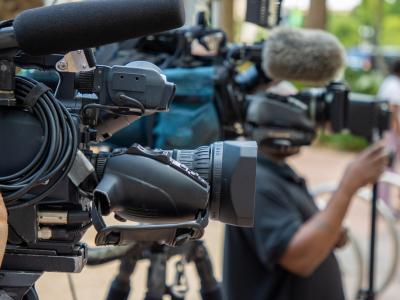Saudi Arabia reported three new MERS-CoV (Middle East respiratory syndrome coronavirus) infections today, well below most daily counts lately, with no cases in Jeddah, which has been the major hot spot for the virus since late March.
Meanwhile, US and European researchers said they have identified several drugs already licensed for other uses or in clinical development that show activity against MERS-CoV, raising hope that doctors may eventually be able to offer patients something more than just supportive care.
Saudi cases
The Saudi Ministry of Health (MOH) said the three cases are in Riyadh, Medina, and Taif, all of which have had recent MERS activity. Riyadh has been the second major focal point of recent activity in the country.
Two of the patients, a 29-year-old man in Riyadh and a 35-year-old man in Medina, have no symptoms. Both had contact with other confirmed case-patients, the MOH said.
The third case involves a 66-year-old woman in Taif who has diabetes, hypertension, and end-stage kidney disease and had onset of respiratory symptoms on Mar 13. She is in an intensive care unit.
The MOH also reported two deaths in previously reported MERS cases, involving a 74-year-old woman in Jeddah and a 72-year-old man in Riyadh. Two other patients were released from hospitals in the same two cities yesterday.
The new cases raise Saudi Arabia's MERS count to 540 cases with 175 deaths.
Recent case numbers suggest that the surge of MERS activity since March, chiefly in Saudi Arabia, may have begun to taper off. A chart of daily MERS cases, provided by virologist Ian Mackay on his Virology Down Under blog, shows that the daily numbers peaked in late April and have shown a general and gradual decline since then, albeit with wide fluctuations.
Potential MERS drugs
Three reports on potential drugs for MERS were published online in Antimicrobial Agents and Chemotherapy, published by the American Society for Microbiology (ASM).
In the first study, a team of US researchers screened a library of 290 drugs—already approved by the Food and Drug Administration (FDA) or in advanced clinical development—for antiviral activity against MERS-CoV and SARS-CoV (severe acute respiratory syndrome coronavirus) in cell culture, ASM said in a press release. They found 27 compounds, including some cancer drugs and antipsychotics, that were active against both viruses.
“Repurposing of approved pharmaceutical drugs for new indications presents an attractive alternative to the normal paradigm of huge library screening against a specific viral enzyme,” coauthor Matthew Frieman of the University of Maryland Medical School said in the release. “Given development times and manufacturing requirements for new products, repurposing of existing drugs is likely the best solution to rapidly identify therapeutics for outbreaks due to emerging viruses.”
In another study, Dutch and Belgian investigators used a similar approach to screen a library of 348 FDA-approved drugs for anti-MERS-CoV activity in cell culture, according to ASM. They identified four compounds—chloroquine, chlorpromazine, loperamide, and lopinavir—that inhibited MERS-CoV, SARS-CoV, and human coronavirus 229E at relatively low concentrations. Chloroquine and chlorpromazine were also identified in the US study.
In the third study, researchers from several US universities found that an experimental compound that was previously shown to block SARS-CoV replication can also limit replication of MERS-CoV and mouse hepatitis virus, another coronavirus.
"This study shows that it is possible to target multiple coronaviruses through broad-spectrum inhibitors," corresponding author Stefan Sarafianos of the Bond Life Sciences Center at the University of Missouri said in the ASM release. “This compound could serve as a lead for the development of effective broad-spectrum anti-coronavirus drugs.”
Other studies published in recent weeks described human monoclonal antibodies that showed activity against MERS-CoV.
See also:
May 20 Saudi MOH statement
Saudi MOH MERS-CoV media statements with case count
Ian Mackay's graph of daily case numbers since March 20
May 19 ASM press release about potential MERS drugs, with links to studies
May 2 CIDRAP News item on human antibodies said to neutralize MERS-CoV





















